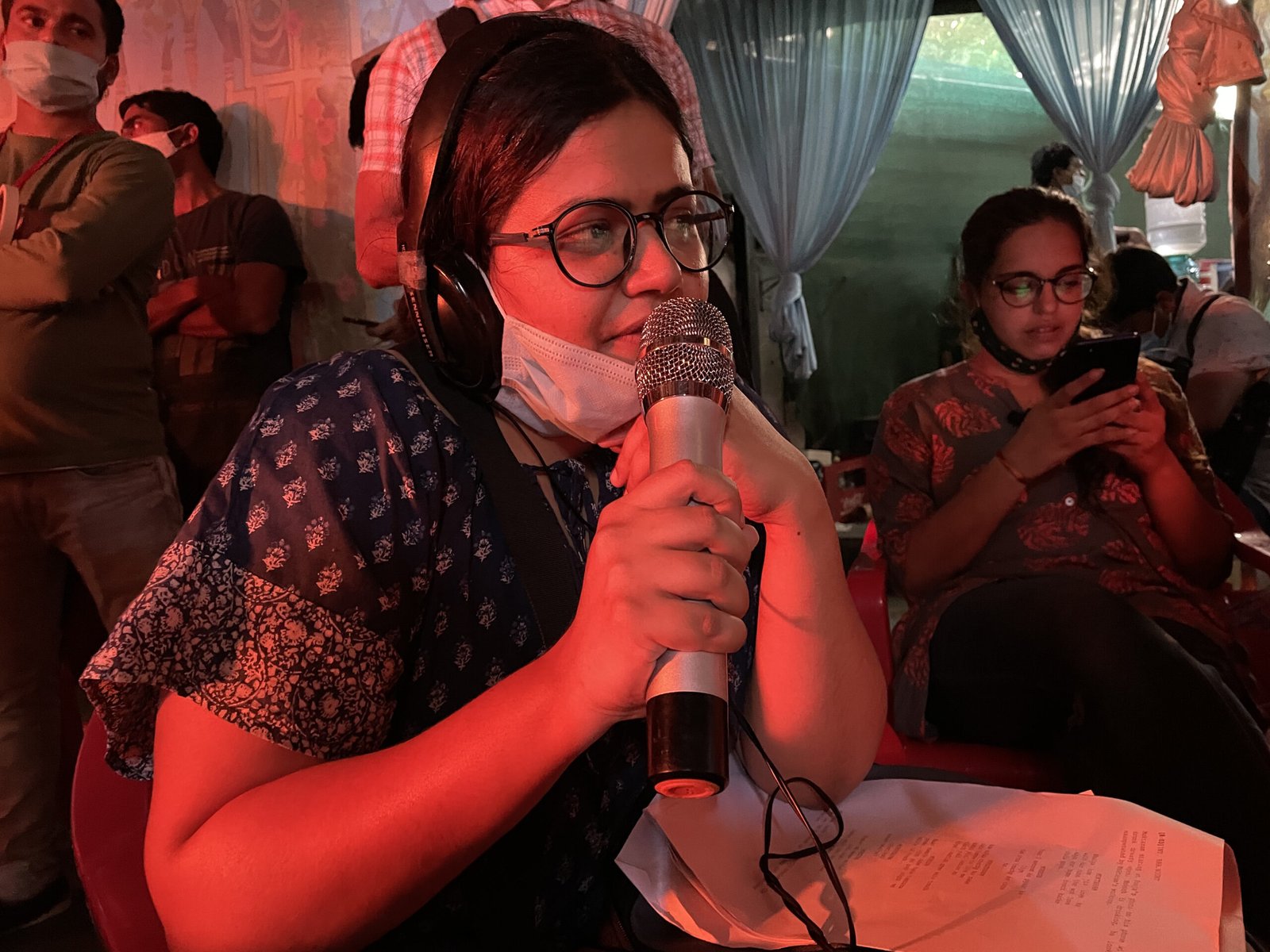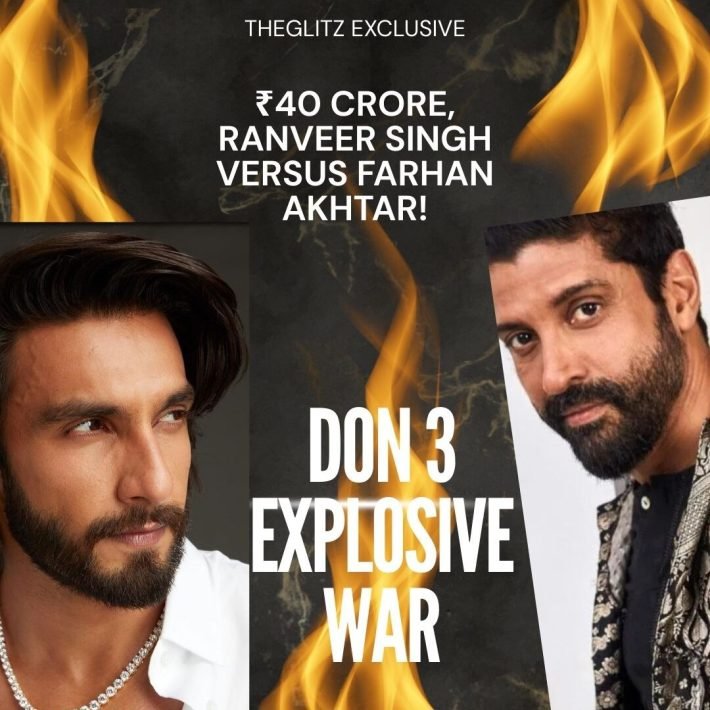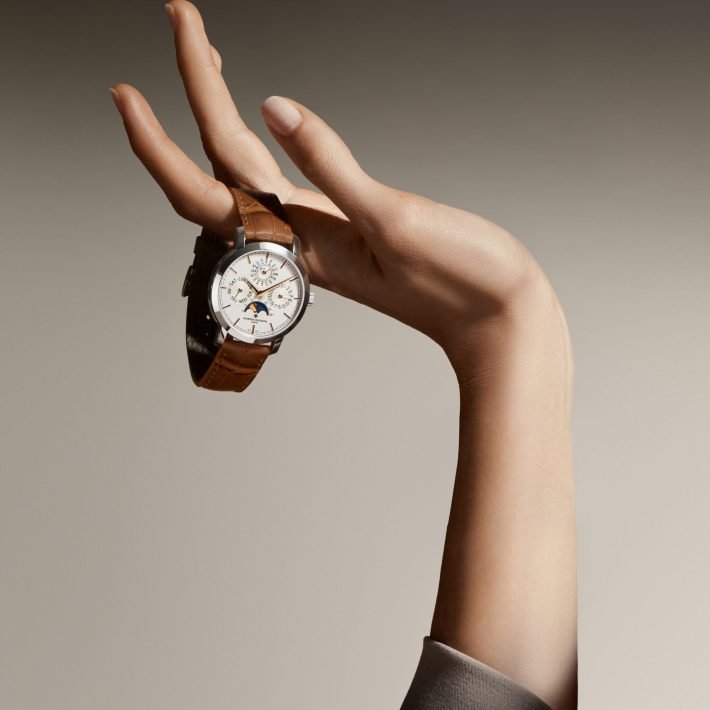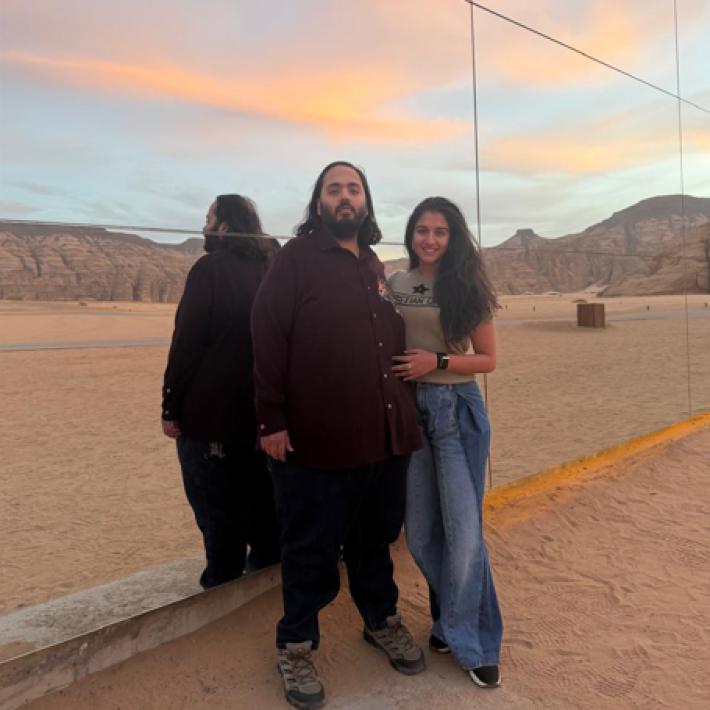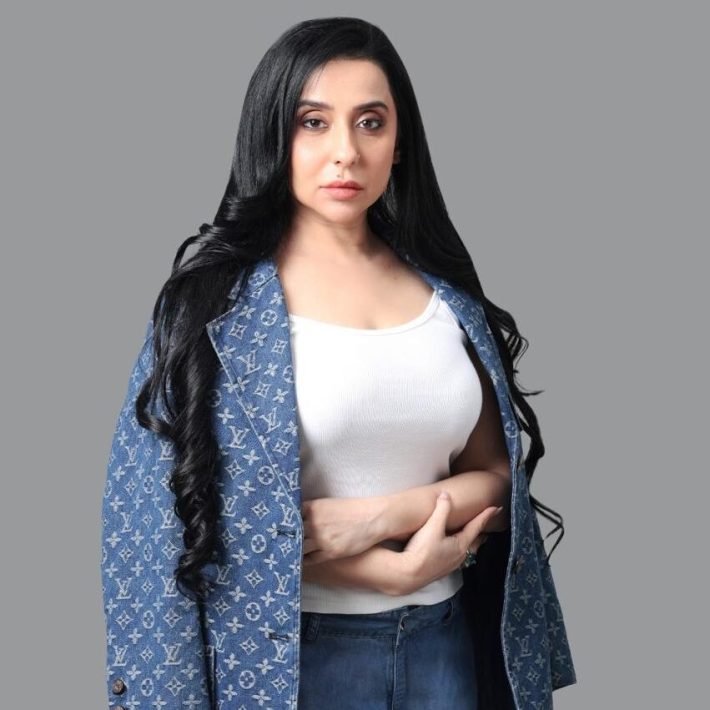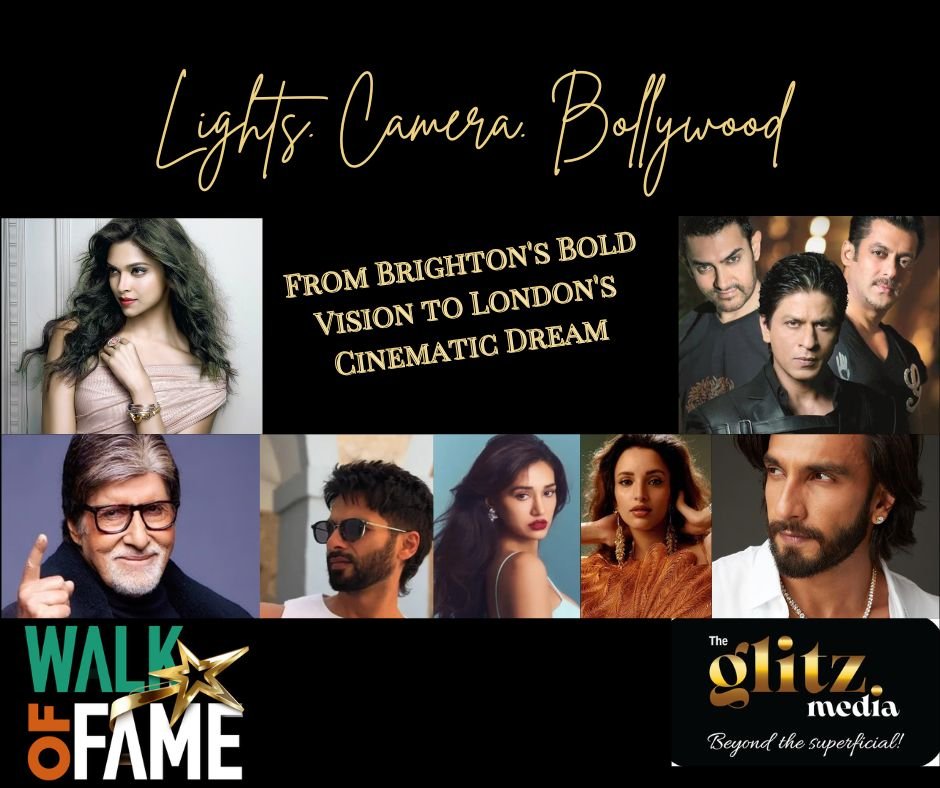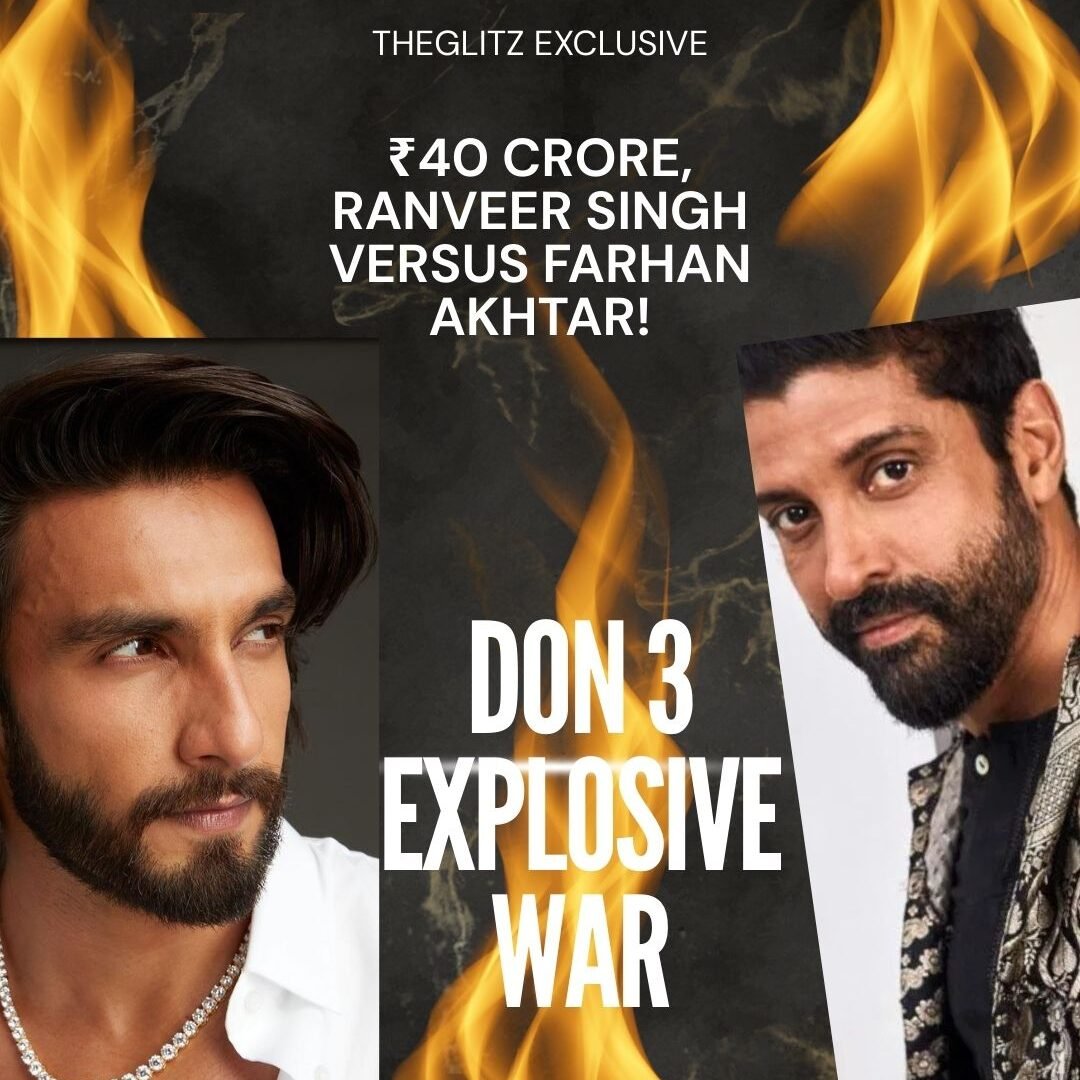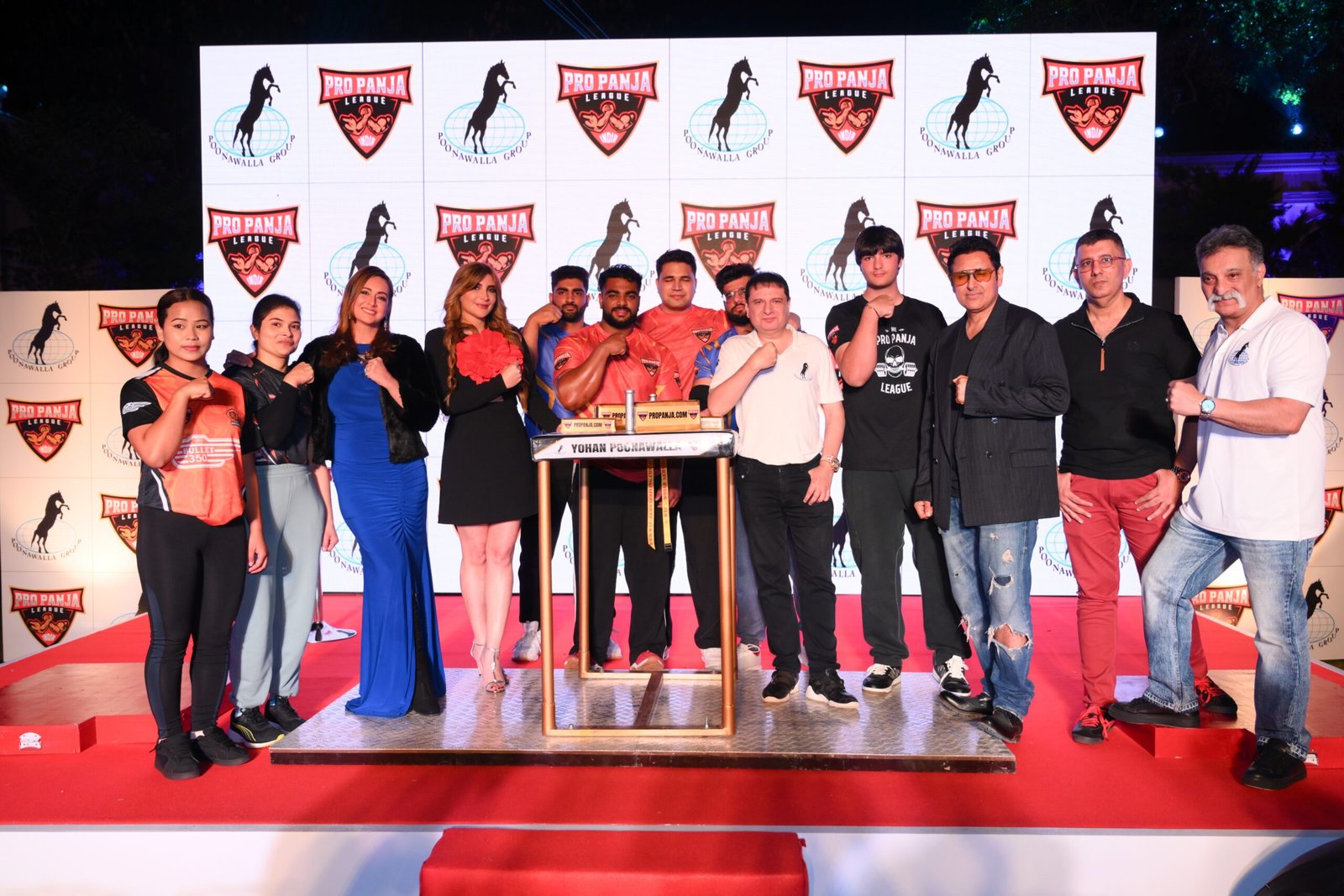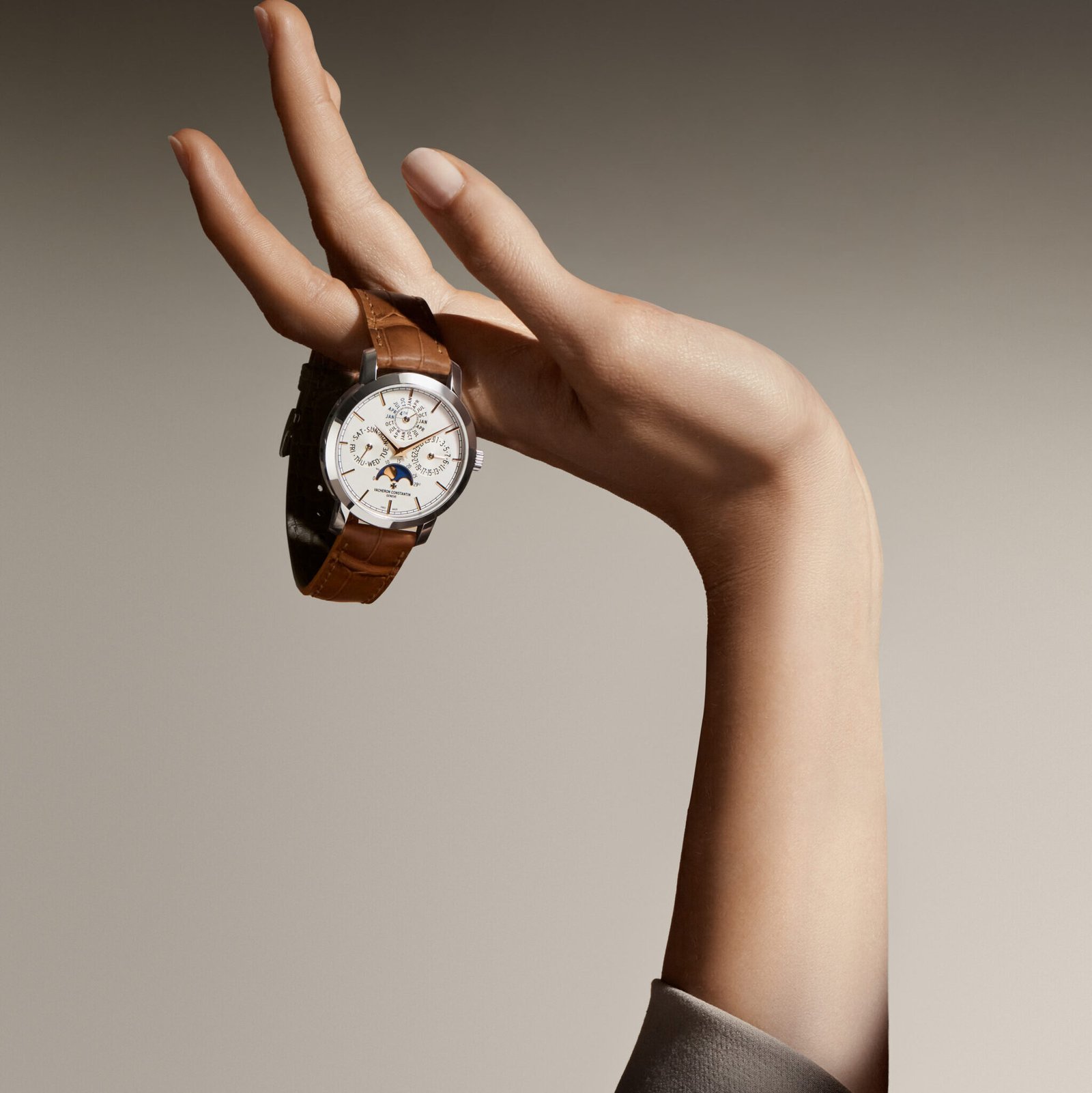If you think Indian cinema has shown you it all, wait until you meet Heena Dsouza. Filmmaker, writer, director, and unapologetic storyteller… Heena has made a career out of venturing where few dare to tread. With two Filmfare nominations under her belt, she’s not a woman who plays it safe, in fact, this young and audacious woman filmmaker thrives on shaking things up, questioning norms, and spotlighting stories that most would rather sweep under the rug.
Her latest work, Dirty Entertainers, is proof of that audacity. A bold, unflinching documentary, it takes audiences behind the curtain of India’s erotica industry… a parallel world that’s taboo, controversial, but also surprisingly layered, professional, and brimming with human stories that deserve to be heard.
Never one to sugarcoat reality, Heena approaches her subjects with curiosity, candour, and just the right dose of irreverence. In doing so, she’s quietly carving out a niche for herself as one of India’s fearless new voices in cinema.
Here, in a candid interview, the inimitable Heena Dsouza who has directed the very successful “Mukesh Jasoos” talks to Sumita Chakraborty, Founder & Editor-in-Chief, TheGlitz, about her journey into the shadows of Indian erotica, the chaos and humour behind the making of Dirty Entertainers, and why she believes storytelling must always cut through stigma to reveal truth.
Over To Heena Dsouza – Tackling Erotica in Dirty Entertainers

Heena, your new documentary Dirty Entertainers dives into the largely unspoken world of Indian erotica. What drew you to such a taboo and controversial subject in the first place?
It all began around the end of the second lockdown when I got a DM from someone called “Shakespeare Tripathy” on Instagram, saying he was an actor looking for work. His name caught my attention, so I checked out his profile… and that’s when I realized he openly promoted himself as an erotica star. Through him, I stumbled upon many such actors, both male and female.
A close friend also told me how common erotica work is for actors trying to sustain themselves in Mumbai. That really intrigued me, so I messaged Shakespeare and set up a meeting.
When I met him, he was nothing like the stereotype of a “soft porn” actor… he was intelligent, articulate, self-aware, and very open about his work. I pitched him the idea of making a documentary, and he immediately agreed to help. He then introduced me to Azaad Bharti, a director and producer in the erotica space.
Convincing him wasn’t easy, but after a lot of back-and-forth, we finally got access to his set and shot a pitch trailer to get the project funded. And that’s how it all started…

You’ve mentioned that the idea started with a DM from “Shakespeare Tripathy,” an erotica performer. How did that single encounter evolve into a full-length documentary exploring an entire underground industry?
Just one meeting with Shakespeare shattered a lot of stereotypes I had heard about this industry. One of the biggest assumptions is that people—especially women—end up in erotica out of majboori or by force. But that’s not the full picture anymore.
Today, many people choose to work in this space because it gives them a livelihood, financial independence, respect, and even a sense of identity as actors. They have fanbases, followers, and feel seen. That really struck me. I realized right then that there’s a powerful, layered story waiting to be told here.
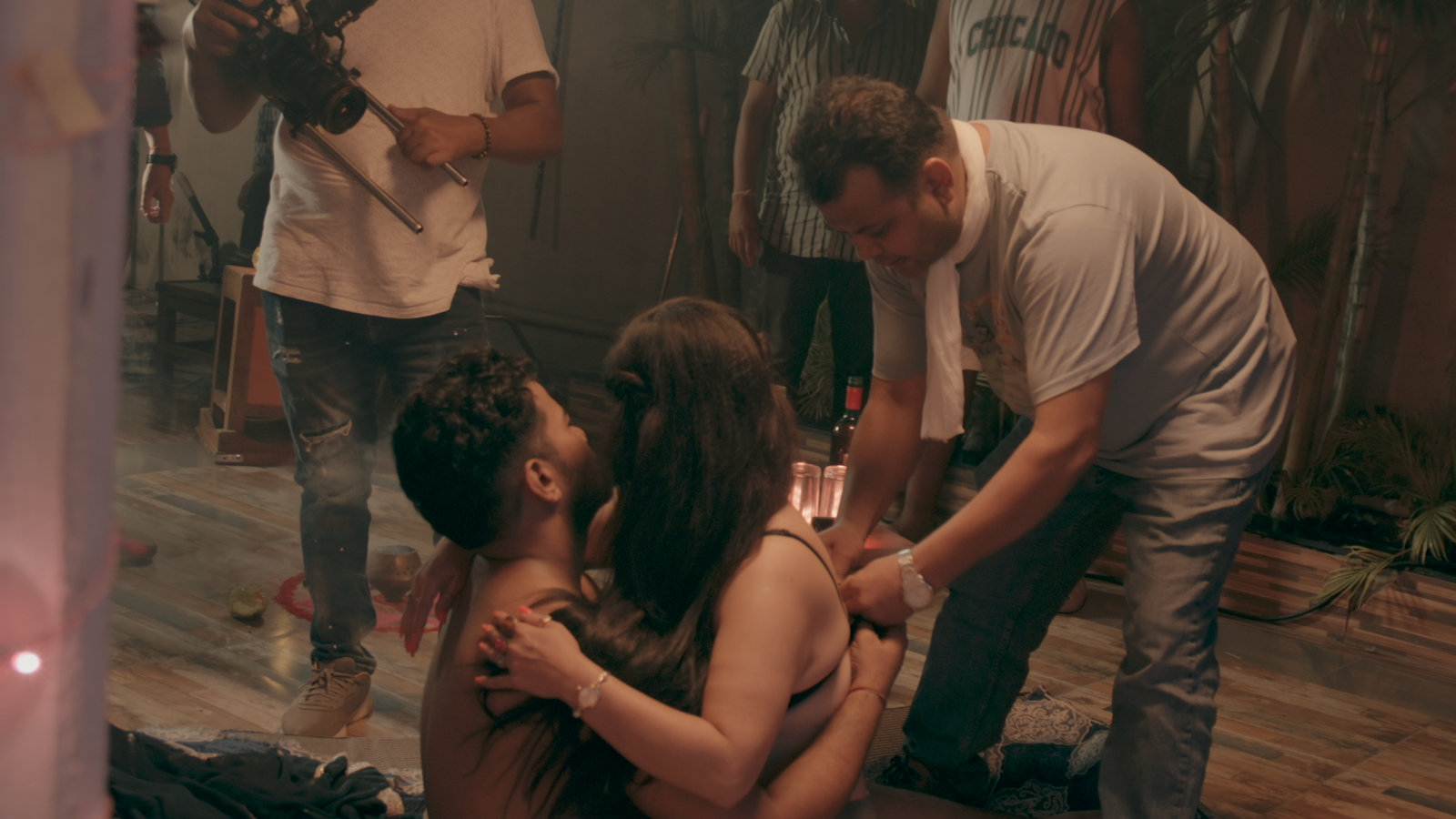
The Indian erotica scene is notoriously clandestine and riddled with roadblocks. Can you share one moment during filming when you felt you might not be able to continue, and how you overcame it?
When we first pitched the project to platforms, almost everyone loved the pitch trailer and found the idea intriguing. But they were also hesitant to officially associate themselves with it. Finally, Docubay came on board to fund it.
Just when we were ready to shoot, the government’s scrutiny on these platforms got stricter and all erotica shoots came to a halt. Since I wanted to follow a real “fly-on-the-wall” approach and capture the reality of these sets, this was a huge setback.
We almost gave up—until Azaad Bharti called and said one of his series was going on floor in Bardoli, Gujarat. It was peak summer. We immediately packed up and left. The shoot was in a remote location, with water scarcity and 44-degree heat.
The sets were chaotic—these films are made on extremely low budgets—and we had to infiltrate the crew by posing as their BTS team. It was honestly hilarious at first because everyone was shocked and suspicious of this “BTS team” with a two-camera setup that was more excited than their actual crew. It was tough, sweaty, and a little crazy, but also incredibly fun and unforgettable.
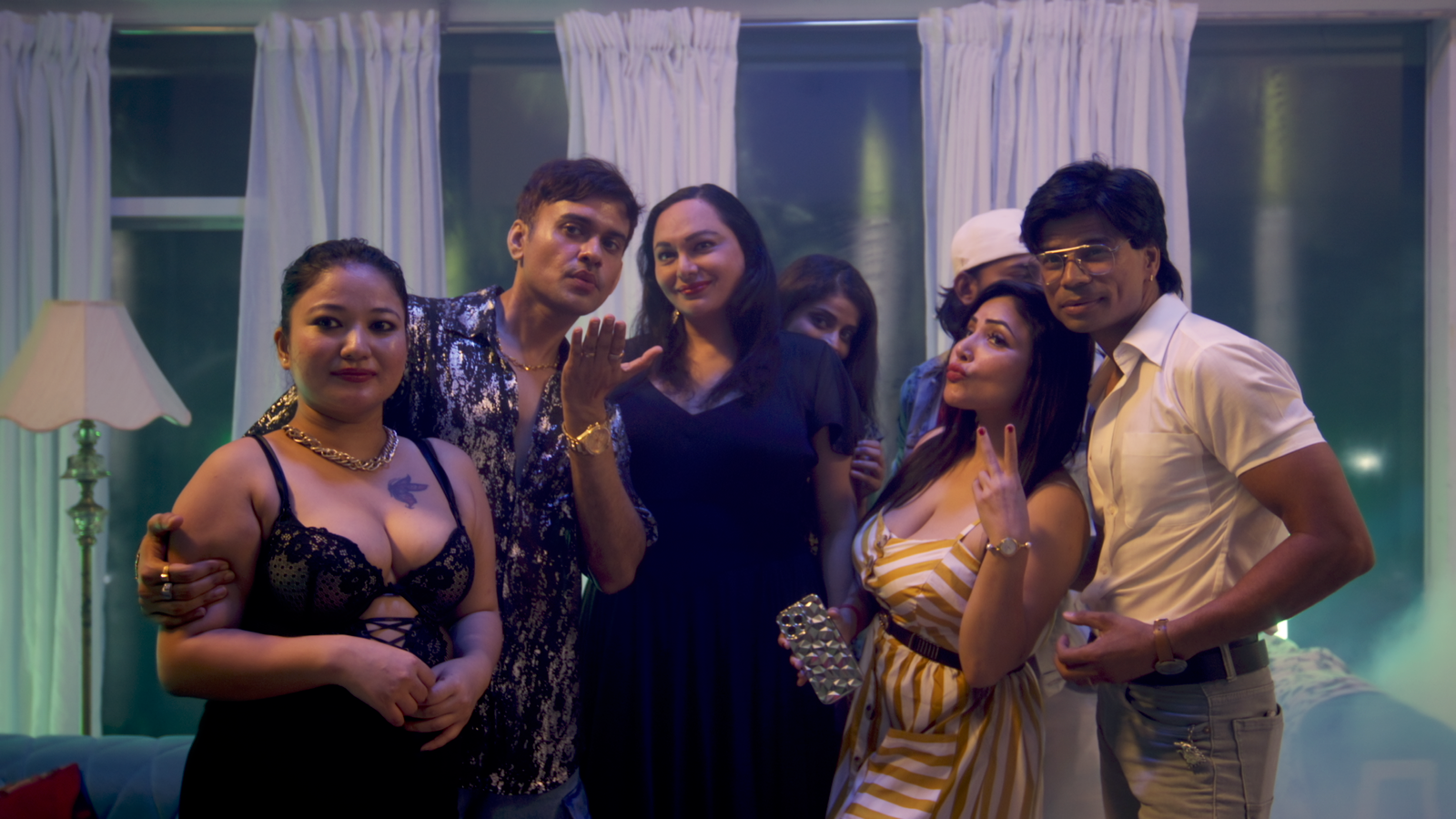
Many filmmakers shy away from topics that can easily attract moral policing or censorship. How did you navigate the ethical, legal, and societal challenges while documenting this world authentically?
I’ve never really had any hang-ups or inhibitions about this subject. I found the world—and the people in it—deeply fascinating. From the start, I wanted to approach it with a neutral lens. I’ve always known this industry exists and will continue to exist, so I came in without judgment.
What I don’t like is the exploitation that sometimes happens. But I was happy to see how much has changed. Today, many actors—especially women—are far more aware of their rights and demand respect, and they actually get it. Even though they’re shooting erotica, the environment on set is surprisingly professional.
I also feel really fortunate to have been backed by Humaramovie, who believed in the project and supported it.
Your film explores people who openly embrace erotica as a profession in a society that often shames sexuality. What were the most surprising or unexpected stories that emerged during your interviews?
What really impressed me the most were the women working in this industry. They’re strong, unapologetic, professional, and incredibly enterprising. Many of them have bought their own homes and are living independent, dream lives. And honestly, this might be one of the few industries where women are paid more than men.
I was also amazed by the level of professionalism. Yes, the budgets are extremely low, but the commitment to the business and the sheer pace of content production is mind-blowing. It’s not as shady or exploitative as people often imagine. Everything runs like a serious business—with consent and legalities in place.
This project also gave me a unique insight into the audience and their tastes—what kind of desi themes work, what stories click in erotica, and how big and profitable this parallel industry really is.
Could you share any out of the ordinary anecdotes while shooting the documentary?
The shoot went on for eight days, with scripts being written on the spot and actors being cast impromptu. They had managed to book an entire resort at a dirt-cheap rate because of the post-COVID slump.
There was this Russian couple who had been stuck at the resort since lockdown. The team immediately wrote a story around them and cast them in one of the episodes—it was absolutely hilarious.
Even the story itself was wild. The film was titled Chull, and it revolved around a magical underwear that causes an “itch” to whoever wears it.
And then, just to top it all off, one of the male members of my crew was casually offered an acting role by someone on set who had no idea we were shooting a documentary. It was absurd, funny, and completely unforgettable.
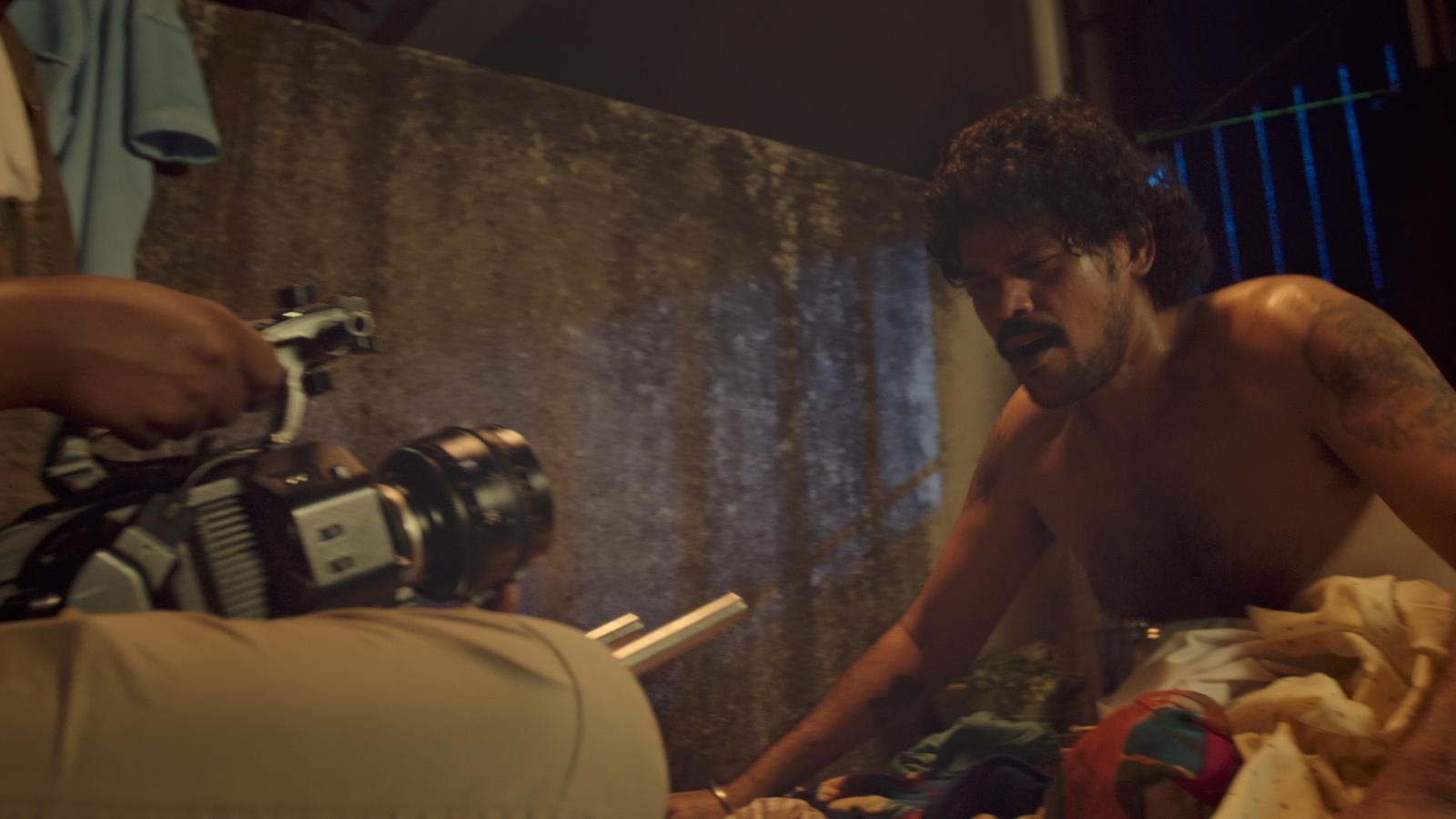
There’s a fine line between voyeurism and storytelling in documentaries dealing with sexual content. How did you ensure your film remained empathetic and respectful while still being bold and provocative?
It really comes down to the lens and perspective of the filmmaker. My intention was never to sensationalize the subject or shoot it through a provocative lens—nor was it to make a sad, gloomy documentary.
When you watch the film, you’ll laugh, you’ll be amused, a few myths will break, and you’ll get to know the very real human stories behind this world. But at no point does the documentary use titillation as bait.
The world itself—and the people in it—are so layered and fascinating that I never felt the need to sensationalize or add unnecessary drama. Their stories speak for themselves.
As someone who’s had two Filmfare nominations and now ventured into such a niche and edgy genre, do you feel your work is challenging perceptions about Indian cinema and freedom of expression?
I don’t think I’m at a stage yet where my voice is big enough to challenge Indian cinema or the industry. I was simply intrigued by this story and wanted to tell it with honesty and depth.
My only intention was to create a strong, authentic narrative. I hope people enjoy watching the film as much as I enjoyed making it—and maybe, in the process, some of their misconceptions about this industry and its people will shift.
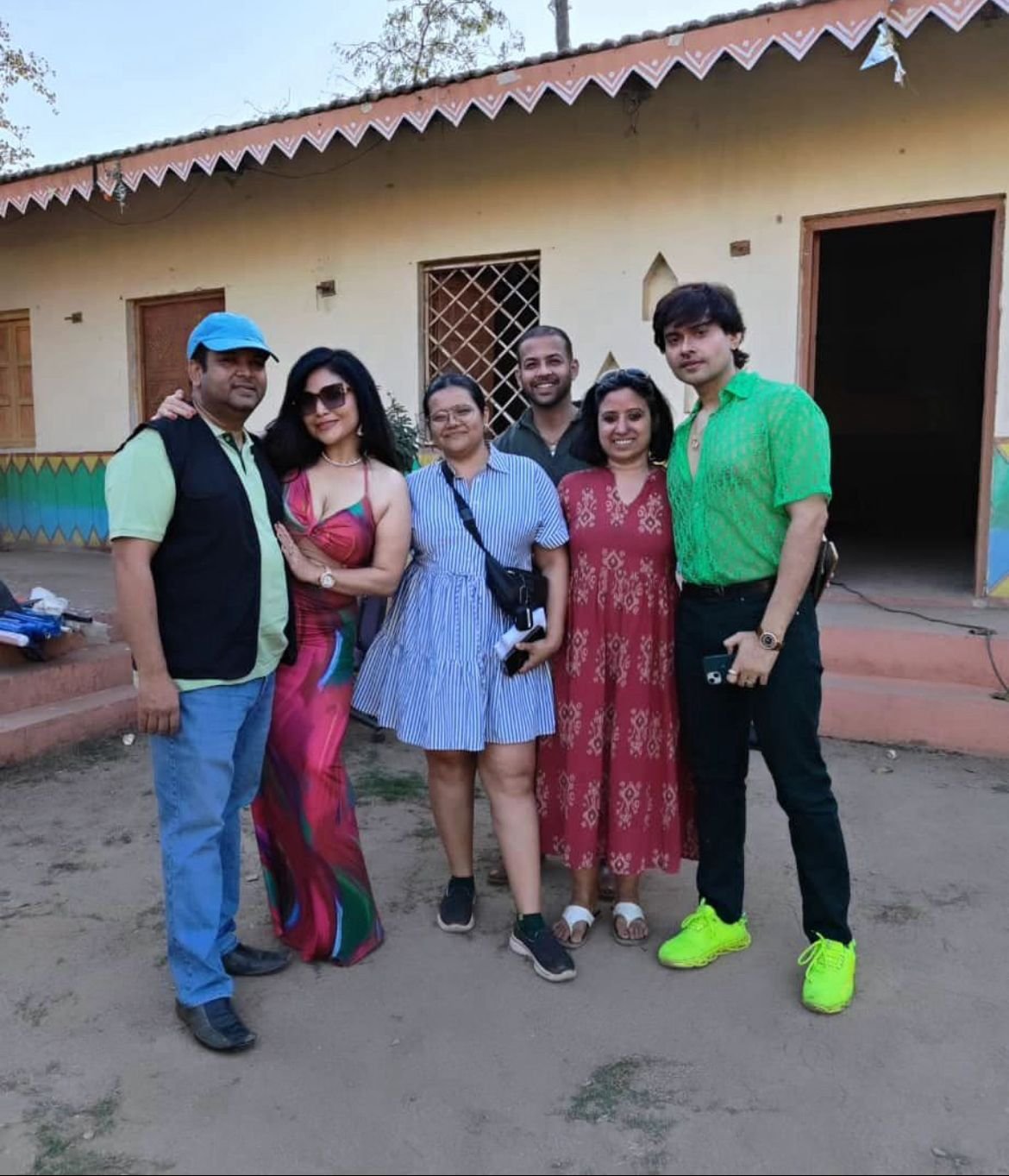
Finally, what message or conversation do you hope Dirty Entertainers sparks among audiences, especially in a country where discussions around erotica remain largely taboo?
All I want to say is—no business exists without demand. This content is being made because there’s a huge audience for it. So instead of judging or maligning the people who create it, the focus should be on regulating the industry and ensuring it operates responsibly, with proper checks in place.
